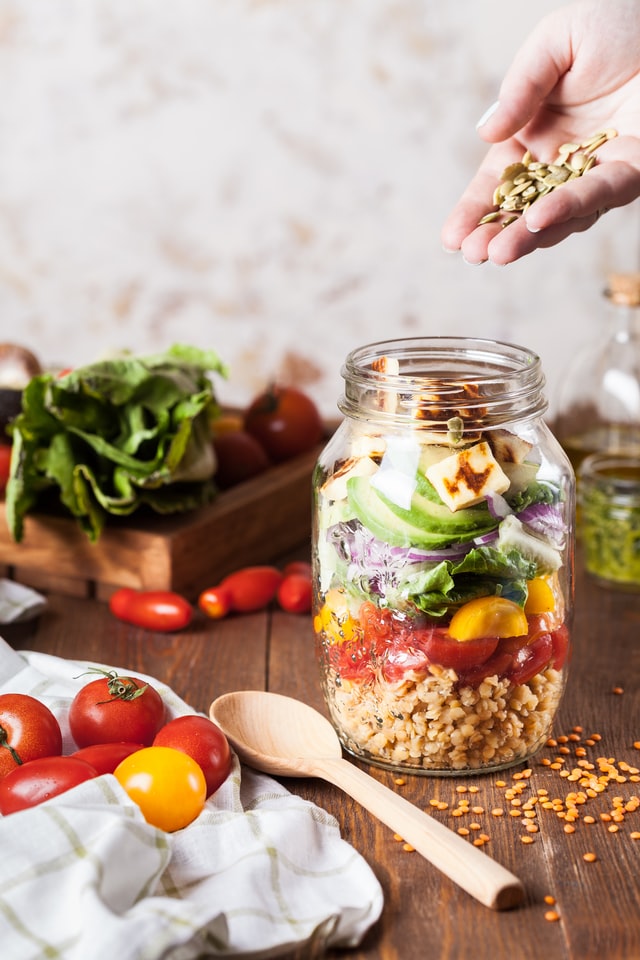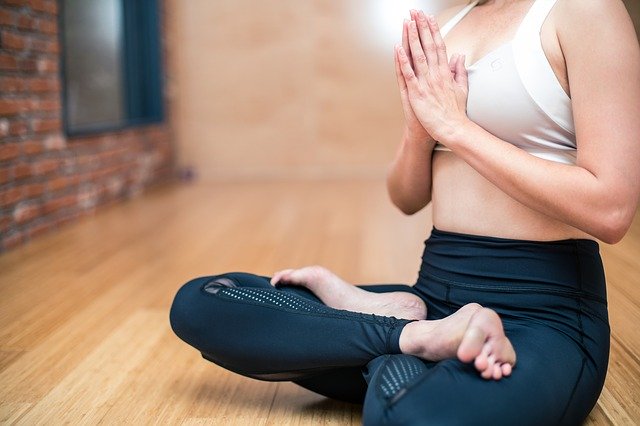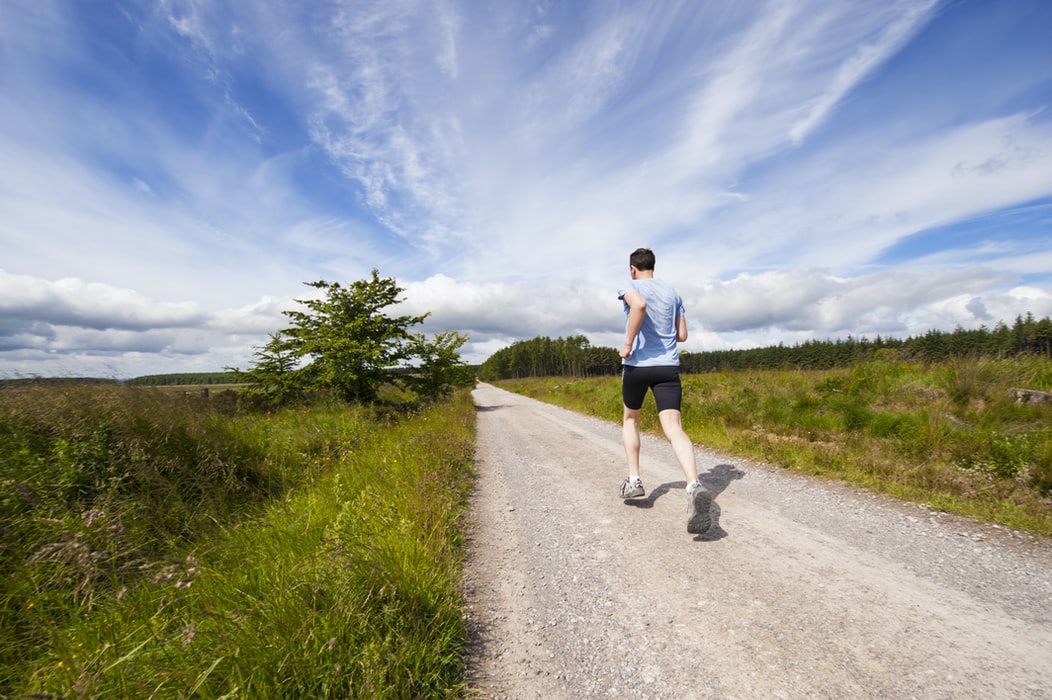Planning healthy meals can help break up the dog days of summer. These warm months welcome new foods that can enhance your diet. But eating the same thing every day can become boring and stale. So, while summer is still in the air, here are some healthy recipes to share with friends and family.
Grilled Shrimp and Avocado Salad
A salad on a nice summer day can be very refreshing and it is quick and simple to make. Shrimp and avocado go really well over a nice salad. This recipe calls for ten shrimp, half an avocado and an orange. This recipe starts at 297 calories, with just those ingredients. But you can add anything to make this salad your own. Adding some lime on top or a little citrus vinegar dressing will help make it stand out and make it your own.
Pineapple Salsa Grilled Chicken
To really change up the dinner table on a summer night, try this recipe for grilled chicken. This recipe from delish includes a source of protein and adds a bit to grilled chicken. The sweet freshness of the pineapple will punch up the flavor. This simple recipe is great for someone just learning how to cook; the prep time is just ten minutes.
Carrot, Date and Feta Salad
Salad can be paired with every meal in the summer, but it can grow boring. So, to switch it up here is a different type of salad from Food Network. This salad has only 121 calories and it contains: carrots, dates, feta, almonds, cilantro, lime, olive oil, honey, and salt. There are many ways to eat this. It can be eaten on its own, over a burger or sandwich, or as a side. Either way, this adds color to a dinner table and is a refreshing salad people are not used to.
Dr. Barbara Edwards, a Princeton MD is the Academic Director for the Ambulatory Residency Program at Penn Medicine Princeton Health, providing quality care to uninsured and under-insured New Jersey residents in Mercer and Middlesex counties.






